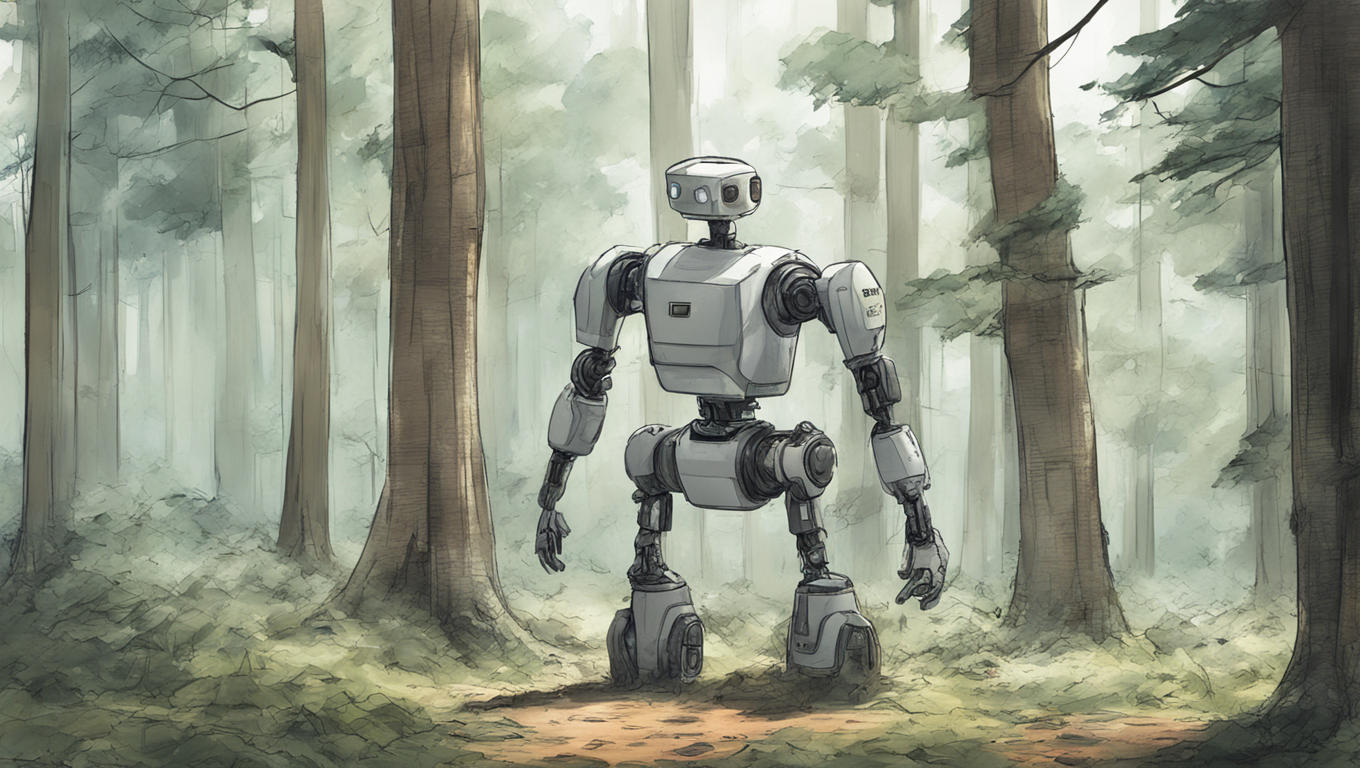Revolutionizing Carbon Capture and Storage: Heriot-Watt University’s ECO-AI Project
In a groundbreaking endeavor, a team of researchers from Heriot-Watt University’s global research institute for net zero, in collaboration with colleagues from Imperial College London, have embarked on a multi-million pound project that seeks to revolutionize carbon capture and storage (CCS) using artificial intelligence (AI). This project, known as ECO-AI, aims to significantly reduce the time and cost involved in modeling CCS methods, making it a viable economic option for industries looking to decarbonize.
The team at Heriot-Watt University is focused on developing specialist techniques for scientific computing, material discovery, and financial forecasting to enable efficient CO2 capture and storage in deep geological formations. Additionally, they aim to assess the financial implications of deploying these techniques for businesses and policy makers.
The use of AI in the ECO-AI project has shown tremendous promise in accelerating the modeling process. Previously, the modeling of flow migrations and simulations on a supercomputer could take up to 100 days. However, with the implementation of AI simulators, these tasks can now be accomplished in just 24 hours. This significant reduction in time allows researchers to streamline their work and explore more options for safe storage of captured CO2 without consuming excessive energy or resorting to expensive investigations.
Ahmed H Elsheikh, leader of the data and artificial intelligence research theme at Heriot-Watt University’s global research institute, highlights the potential impact of this research on hard-to-decarbonize industries. He explains, “Our efforts for the ECO-AI research are primarily focused on refining algorithms that can potentially be applied to CCS in the future in typically hard-to-decarbonize industries. Our research has the ability to advance existing scientific research streams to source suitable options for safe storage of CO2 without consuming too much energy and without the need for expensive and time-consuming exploratory investigations.”
Gill Murray, deputy principal for enterprise and business at Heriot-Watt University, emphasizes the institute’s commitment to global solutions for decarbonization. “Using our new global research institute as a vehicle to impact global solutions towards decarbonization, we’re pioneering ground-breaking methods in all major sectors that can propel us toward a net zero future,” she says.
The implications of the ECO-AI project extend beyond academic research. It is expected to leave a framework that future researchers can build upon, facilitating further advancements in CCS technology. Furthermore, this project aligns with the UK Government’s goal to achieve net zero emissions by 2050. With a £2.5m investment from UK Research and Innovation, the ECO-AI project has the potential to contribute significantly to the nation’s sustainability efforts.
By harnessing the power of AI, Heriot-Watt University’s ECO-AI project is poised to redefine carbon capture and storage methods, making them more efficient, cost-effective, and commercially viable. With the potential to transform various industries, such as steel, chemicals, and cement, this research represents a crucial step towards a future of decarbonization and sustainable practices.





Use the share button below if you liked it.